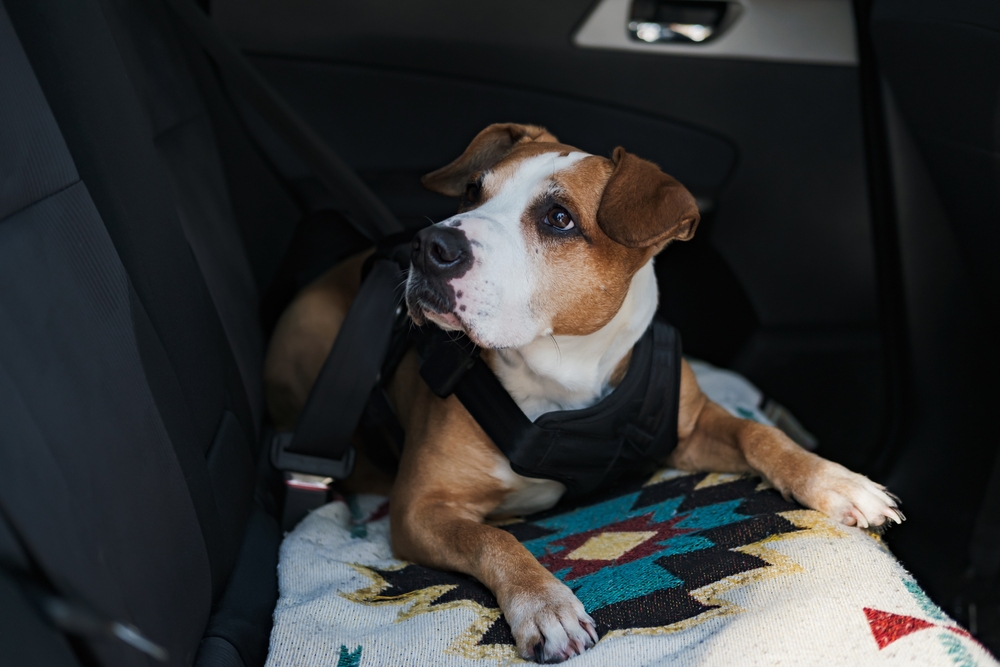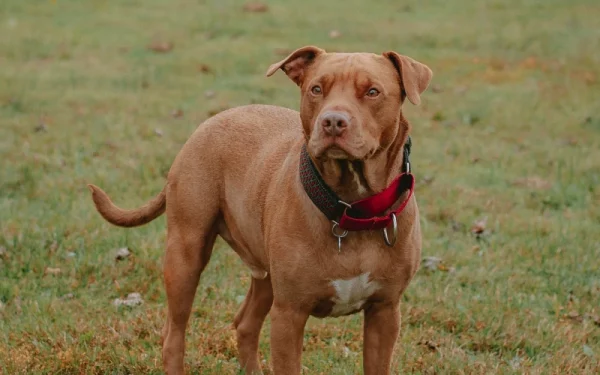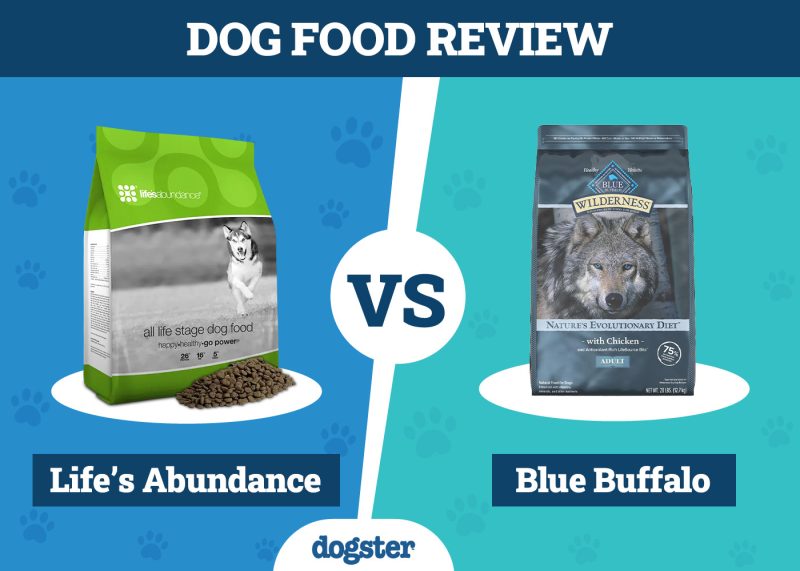In this article
View 3 More +Canine motion sickness is an unfortunate reality for many dog owners. You probably dread going anywhere with your pup if they have exhibited the classic signs of car sickness before. However, you don’t need to be resigned to a life of constant worry over your pup and car seats. There are several remedies you can try to treat your pup’s motion sickness naturally. Read on to learn why dogs get car sick and what you can do to help your pup when they’re feeling green on car rides.

Why Do Dogs Get Car Sick?
Car or motion sickness can have a combination of physiological and psychological causes. Physical motion sickness occurs when the eyes, inner ear, and body send conflicting messages to the brain. Essentially there is an imbalance in what your dog is seeing and feeling.
Car sickness is more common in puppies and younger dogs which may be because the ear structures in charge of balance haven’t had a chance to fully develop yet. However, that doesn’t mean adult dogs won’t get motion sickness.
If your dog is not used to traveling in a car or associates car travel with stressful experiences, then this can also cause or exacerbate car sickness.

The 7 Ideas for Preventing Canine Motion Sickness
1. Ginger

Ginger is an ingredient known for its tummy-settling properties. There is anecdotal evidence that a small amount of ginger can ease motion sickness and help with digestive issues. Try grating a tiny amount of fresh ginger into your pup’s food before going on your trip. You can also find ginger-infused dog treats to help with car sickness.
Note: We recommend double-checking with your veterinarian before offering your pup ginger. While it is safe most of the time, it may not be appropriate for dogs with bleeding disorders or dogs taking nonsteroidal anti-inflammatory drugs or anticoagulant medications.
2. Adaptil
Adaptil is a calming pheromone product that mimics the pheromones emitted by mother pups as they lactate. It can be found in transportation sprays, collars, and even home diffusers. The collar and home diffusers are great for daily use to achieve a calming effect, while the spray is best saved for travel or prior to any stressful event.
Spray Adaptil in your vehicle and in the kennel your dog will be in during the car ride. It’s best used 15 to 20 minutes prior to departure.
3. CBD Supplementation

Cannabidiol (CBD) interacts with the endocannabinoid system to regulate nausea. A study from 2011 found that manipulating this system can regulate vomiting and nausea in humans and animals. A more recent study from 2024 found that daily supplementation with CBD can positively impact the stress levels of dogs often exposed to car travel. If you’re not interested in offering CBD daily, another 2024 study found that a single dose can positively impact the measures of stress in dogs during car travel.
CBD is widely available these days and can be found in many different forms, including tinctures, dog treats, and oils. We recommend speaking with your veterinary team to find the best form and dose for your pup.
If you need to speak with a vet but can't get to one, head over to PangoVet. It's our online service where you can talk to a vet online and get the advice you need for your dog — all at an affordable price!

4. Valerian
Valerian is widely available in supplements and sprays (like Pet Remedy). It is used for its calming effects and so may be helpful for dogs who get stressed when traveling in the car. If given as an oral supplement it can sometimes make dogs drowsy and interact with certain medications, so you should discuss it with your vet before using it.
5. Modify How You Travel
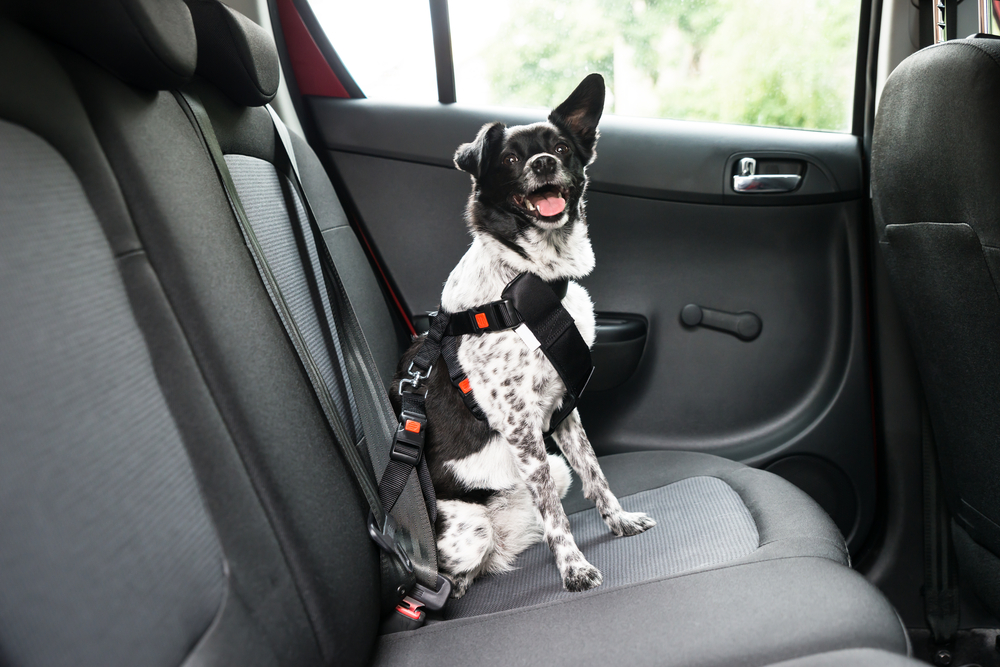
How you set up your vehicle for travel can impact your dog’s wellness during the drive.
Leaving the windows down to let some fresh air flow through the vehicle can be refreshing. Rolling down the windows can also equalize the pressure and minimize any negative impact your pup’s vestibular system may be experiencing.
6. Desensitization
All dogs fearful of car travel should be slowly desensitized to enjoy time spent in the vehicle. This can be achieved by allowing them into your car for play time and treats while the vehicle is off and building on from there. You can start having play sessions while it’s running, then go for a quick drive around the block with your pup to gauge their reaction. If they’ve tolerated the ride well, reward them with a treat. The more positive associations your pup makes with car travel, the better they’ll handle going for drives.
Desensitizing your pet can be a lengthy process, taking as long as several months in some cases. Do not rush it.
7. Medication
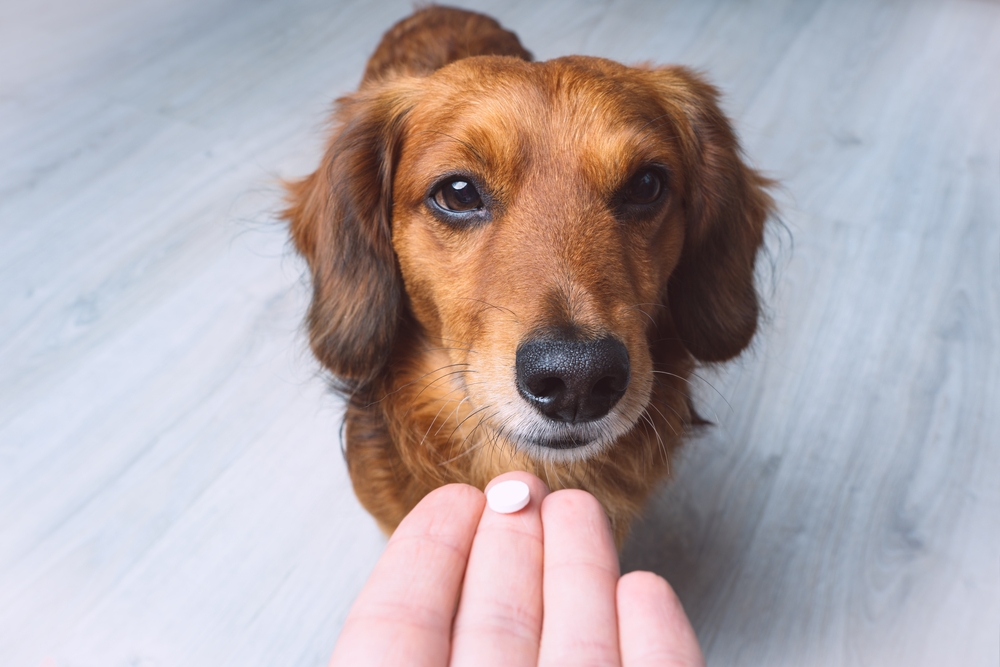
While medications may not be considered “natural,” they may be worth considering if your pup’s motion sickness is quite severe and your vet advises them. There are several pharmaceutical options, which should only be given under your vet’s directions, including:
- Cerenia. This is a highly effective, FDA-approved prescription medication for dogs that prevents vomiting due to motion sickness.
- Anti-anxiety medication. If your pup’s motion sickness is the result of anxiety, your veterinarian may recommend anti-anxiety medications.
- Antihistamines. Antihistamine medications such as meclizine and benadryl (diphenhydramine) can reduce nausea and have sedative effects. Although these medications may be easy to find over-the-counter in your local pharmacy, it is not advisable to give them to your pup unless instructed by your veterinary team to do so.

What About Essential Oils?
Essential oils have gotten a bad reputation in the pet circle over the last few years, and for good reason. Cats, especially, are very sensitive to essential oils.
- Cinnamon
- Citrus
- Pennyroyal
- Peppermint
- Pine
- Sweet birch
- Tea tree (melaleuca)
- Wintergreen
- Ylang ylang
However, some essential oils—in some forms—can be used safely for dogs.
If none of the other ideas above worked, you could try essential oils. To help prevent canine motion sickness, try applying a few drops of lavender or chamomile oil to a cotton ball. Place the ball in your vehicle for half an hour before you embark on your car ride. These oils are scientifically proven to reduce stress levels in humans and may produce the same effect in dogs. Don’t forget to remove the cotton ball so your pup doesn’t eat it.
When Should I See a Vet About My Dog’s Car Sickness?
Talk to your veterinarian if your pup gets sick often during car travel. They can recommend effective preventatives and may suggest medication to try in conjunction with other measures. It’s best to take action when you notice a problem starting as if it can get worse over time if not managed correctly.
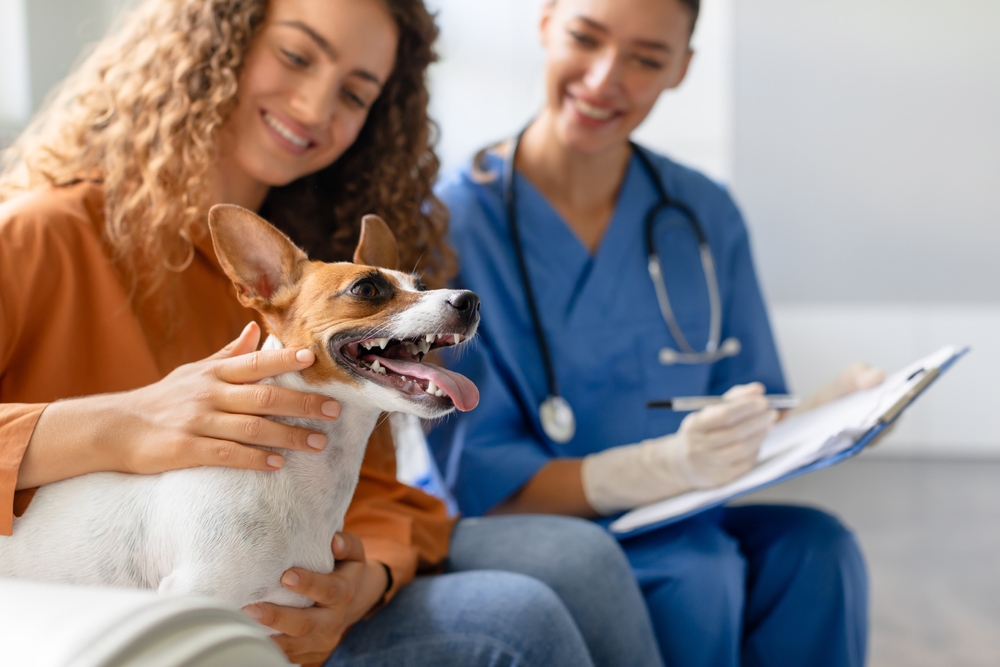

Final Thoughts
A dog prone to motion sickness doesn’t mean you two will be resigned to a life of never enjoying car rides. The above remedies may be helpful in treating your pup’s condition. However, if they are severely sick every time they go in the car, we recommend reaching out to your veterinary team for guidance. Good luck, and hopefully, you’ll be on your way to enjoying an incident-free journey soon.
Featured Image Credit: Aleksey Boyko, Shutterstock
